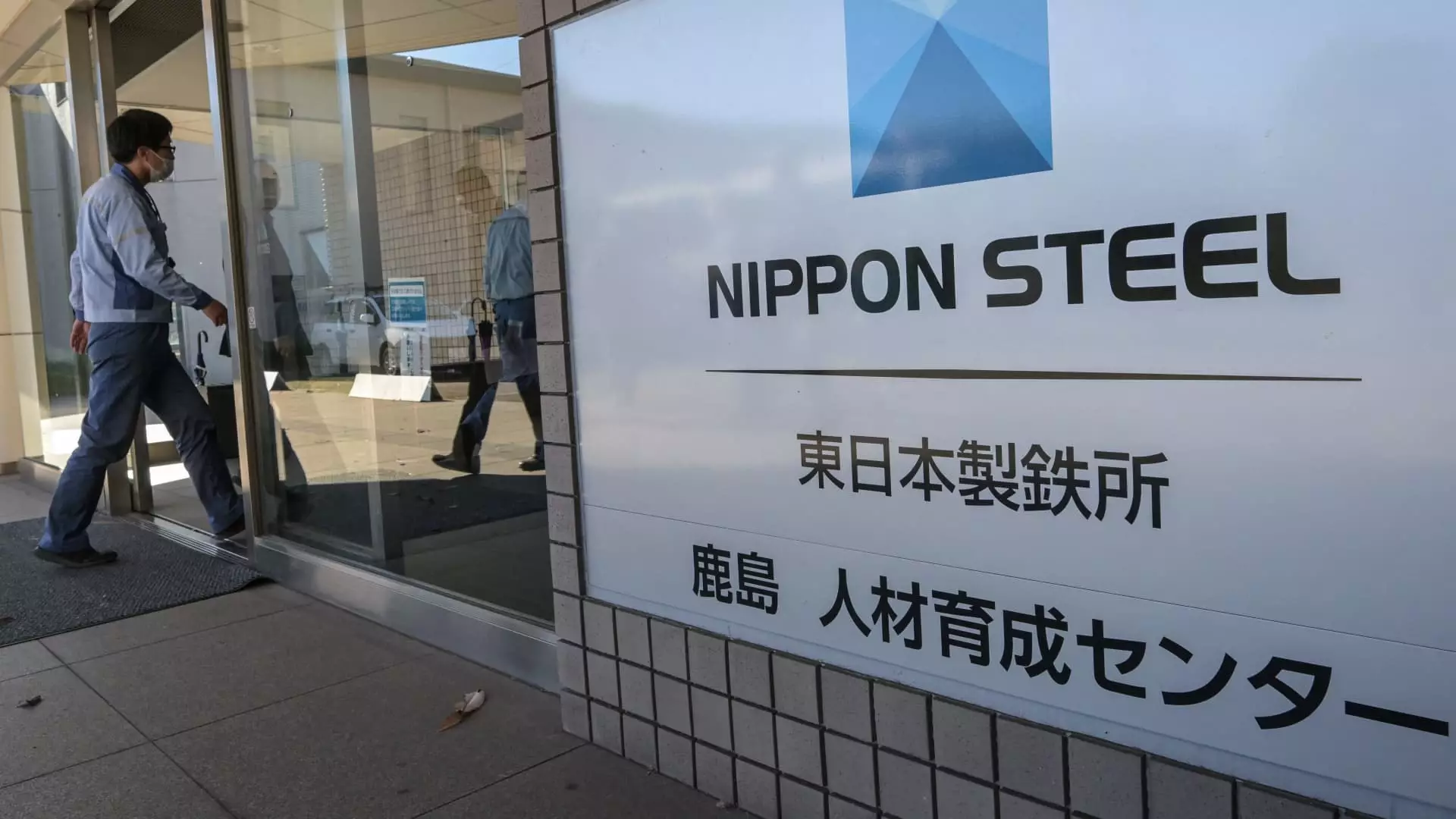In a significant move underscoring the complexities of foreign investment in critical U.S. industries, President Joe Biden has chosen to block the $14.9 billion takeover bid from Nippon Steel for U.S. Steel. This decision, reported by The Washington Post based on anonymous sources, reflects a broader apprehension regarding national security and economic independence, areas where the stakes have never been higher. The acquisition bid, which was referred to Biden after the Committee on Foreign Investment in the United States (CFIUS) failed to reach a consensus, highlights the intricate balance between global market dynamics and domestic interests.
The CFIUS evaluation holds critical weight in such transactions, acting as a governmental checkpoint designed to assess security implications surrounding foreign investments in U.S. companies. In this case, the CFIUS had significant concerns about Nippon Steel potentially reducing U.S. Steel’s production capacity. The worry is not simply about the loss of control over a major American company; it encapsulates fears of potential supply shortages that could affect industries deemed vital to national security. This perspective illustrates an essential dialogue about the interconnectedness of national security and economic stability, particularly in sectors such as steel that are foundational to infrastructure and defense.
Concessions Made and Economic Implications
In a bid to alleviate these concerns, Nippon Steel proposed several concessions. They offered to keep U.S. Steel’s headquarters in Pittsburgh and to ensure that the company’s board would consist solely of U.S. citizens. However, these assurances were inadequate to change Biden’s stance, highlighting a critical gap between corporate negotiations and governmental priorities. The deal had already received backing from U.S. Steel shareholders, which complicates the narrative surrounding foreign ownership—suggesting an alignment on financial aspirations that does not fully encompass national ideals.
President and CEO David Burritt expressed optimism about the merger, framing it as a move that would benefit stakeholders. Still, the Biden administration’s firm rejection reflects a broader trend of skepticism towards foreign acquisitions that may threaten domestic interests, particularly in foundational sectors such as manufacturing and energy. This mindset resonates with rising sentiments among the American populace regarding the need for economic sovereignty.
The political landscape provides further context to Biden’s decision. Former President Donald Trump, a notable critic of foreign acquisitions, openly opposed the deal, framing it as a loss for American industry. Trump’s rhetoric resonates with a section of the electorate that prioritizes domestic manufacturing and jobs over globalization. His stance exemplifies a rising wave of protectionism that is redefining American economic policies.
It is essential to understand Biden’s actions within the framing of a broader political narrative that prioritizes America first. Such decisions are not merely administrative; they are laden with symbolism representing national identity and economic independence. The attention to the American heritage of U.S. Steel evokes a nostalgic fondness for the country’s industrial past, which many Americans see as integral to its future.
The Future of U.S. Steel and Global Dynamics
As the dust settles on this contentious negotiation, the future of U.S. Steel remains in the limelight. While the immediate outcome reinstates the company’s status as a domestic entity, the global steel market’s dynamics could usher in new challenges. The need for innovation and adaptation in the steel industry becomes paramount as the geopolitical landscape shifts towards isolationism and protectionism.
Nippon Steel’s shares reflected a minor increase in reaction to the news, suggesting that while the acquisition may not proceed, the company is still seen as a valuable player in global markets. However, the implications of Biden’s decision extend far beyond the two companies involved, echoing a transformative shift in how nations view the intertwining of industry and national identity. As globalization continues, it will be crucial to examine the ramifications of such decisions on both local enterprises and international partnerships moving forward.
Biden’s rejection of the takeover signifies a commitment to prioritizing American values and security over purely economic interests, setting a potentially precedent-shattering trend for future foreign investment scrutiny.

Leave a Reply